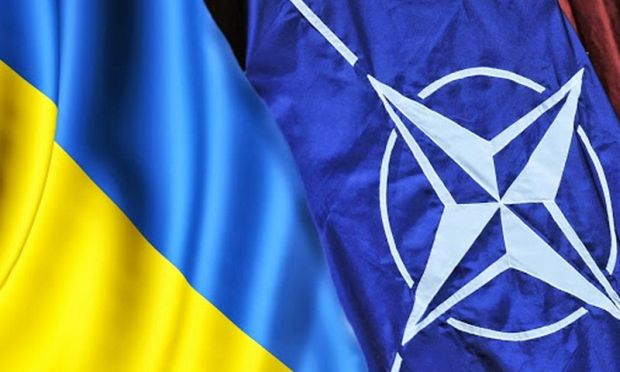
About 1,300 NATO troops from 15 countries have begun a military exercise near Lviv in western Ukraine.
The US says the drill had been planned before the current crisis in eastern Ukraine, where government forces have been battling pro-Russian rebels.
Clashes have continued in eastern Ukraine, particularly around the city of Donetsk, despite a ceasefire deal.
Russia denies sending troops to aid the rebels, as alleged by Ukraine and NATO.
Over the weekend, Ukrainian Defense Minister Valery Heletey said NATO countries had begun arming his nation in the fight against the rebels.
Valery Heletey did not specify the type of weapons being delivered or name the countries involved.
Several NATO members have denied similar statements made in the past.
Officials from the alliance say they have no plans to send lethal assistance to non-NATO member Ukraine – but member states are free to do so on a bilateral basis.

Some 200 US troops are taking part in the military exercise, codenamed Rapid Trident, near Lviv, on the Polish-Ukrainian border, some 600 miles) from the fighting in the east.
The exercise will bring together troops from several NATO member states and from former Soviet-bloc countries that are part of NATO’s Partnership for Peace program.
Pro-Russian rebels have been engaged in heavy fighting with government forces in the Donetsk and Luhansk regions since April. Some 2,600 people have been killed over the past five months of conflict.
Shelling was reported over the weekend around Donetsk’s government-held airport, with both sides accusing each other of endangering the truce.
Six people were killed and 15 hurt in the violence, Donetsk’s city council said.
NATO says Russia still has about 1,000 heavily armed troops in eastern Ukraine and about 20,000 more near the border.
Russia denies sending direct military help to the rebels, insisting that any Russian soldiers there are “volunteers”.
NATO has announced the formation of a new “spearhead” force numbering several thousand troops, which can be deployed to protect member countries in a matter of days.
It followed growing concern from NATO member countries bordering Russia over its involvement in Ukraine.